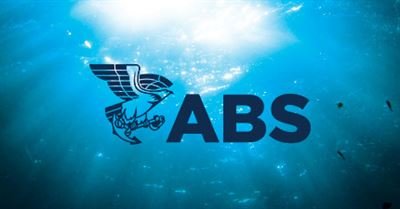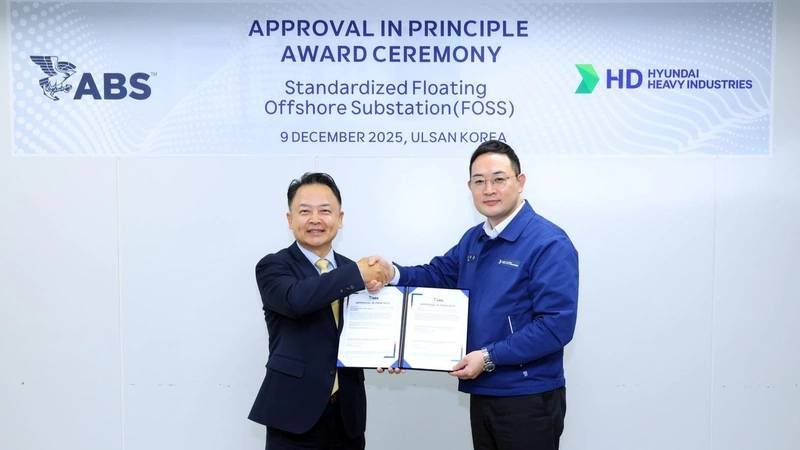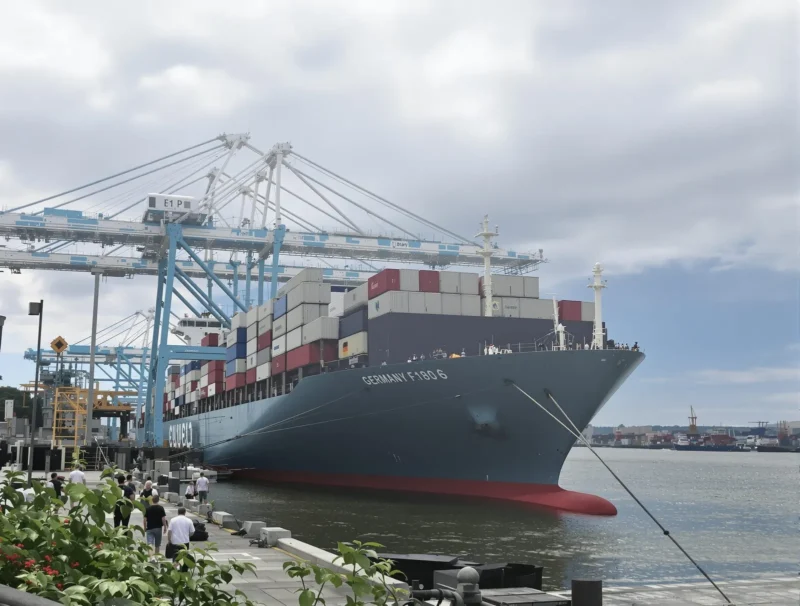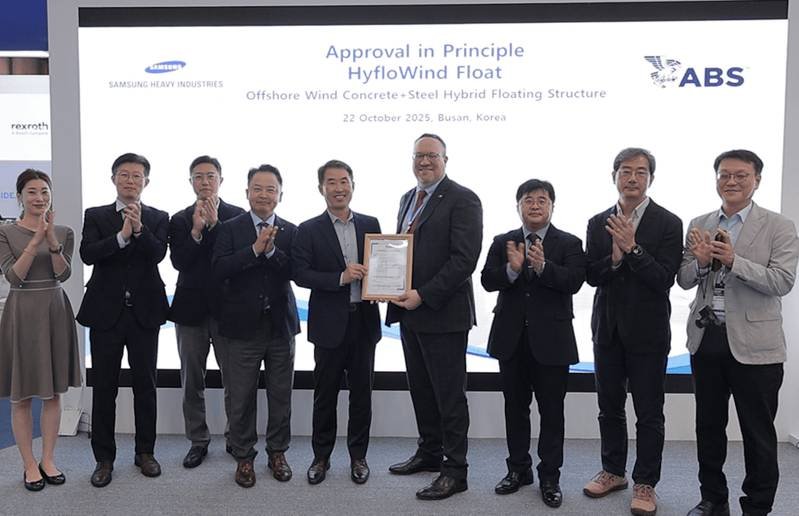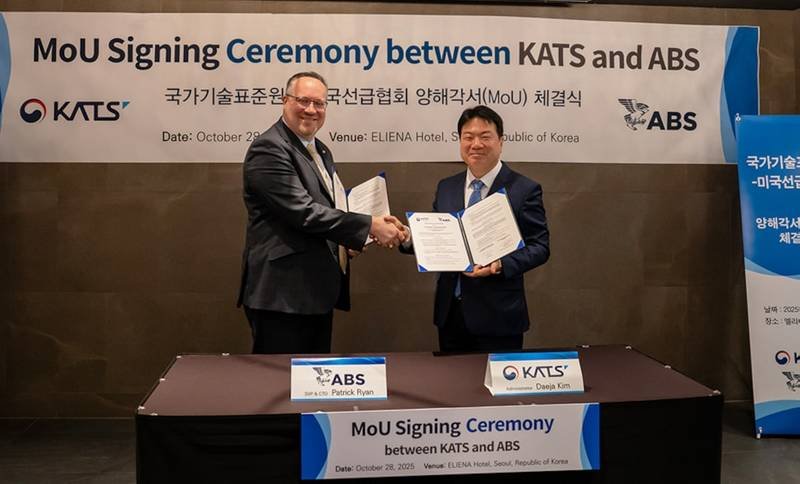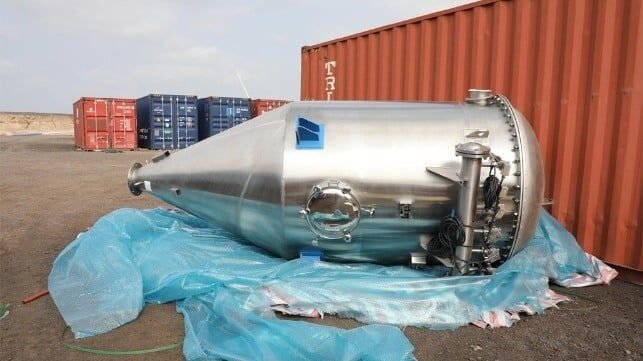ABS Tackles Thermal Runaway Risks at Sea
ABS has made significant strides in addressing thermal runaway risks associated with Lithium-ion battery fires, a growing safety concern in maritime transport. The organization has developed an advanced simulation model, validated in collaboration with Texas A&M University, which accurately replicates thermal runaway at the battery cell level. This model provides crucial insights into heat release and informs effective firefighting strategies.
Runaway electric vehicle fires can exceed temperatures of 1,200°F (650°C), creating unprecedented challenges for the shipping industry. Christopher J. Wiernicki, ABS Chairman and CEO, emphasized the importance of predicting fire behavior as a foundational step in ensuring safety during the transport of electric vehicles globally.
ABS also offers enhanced fire protection guidelines under its Marine Vessel Rules, specifically tailored for Ro-Ro cargo spaces designated for electric vehicles. Additionally, the organization is funding research initiatives, including at Texas A&M’s Laboratory for Ocean Innovation, focusing on battery fire prevention and response.
The unique characteristics of Lithium-ion batteries, such as their high burn temperatures and potential for reignition, underscore the urgency of addressing these risks. Recent incidents involving electric vehicle fires on vessels have further highlighted the need for robust safety measures in maritime transport.
Share it now


